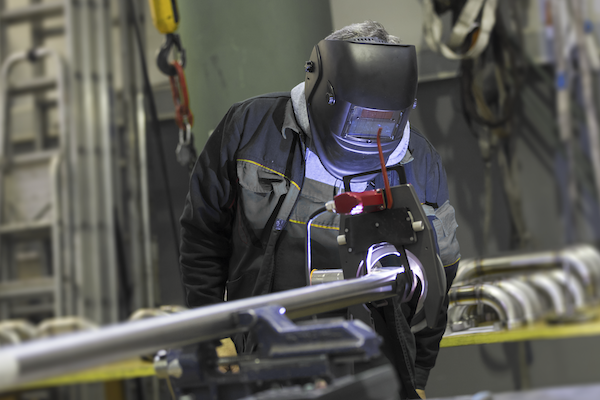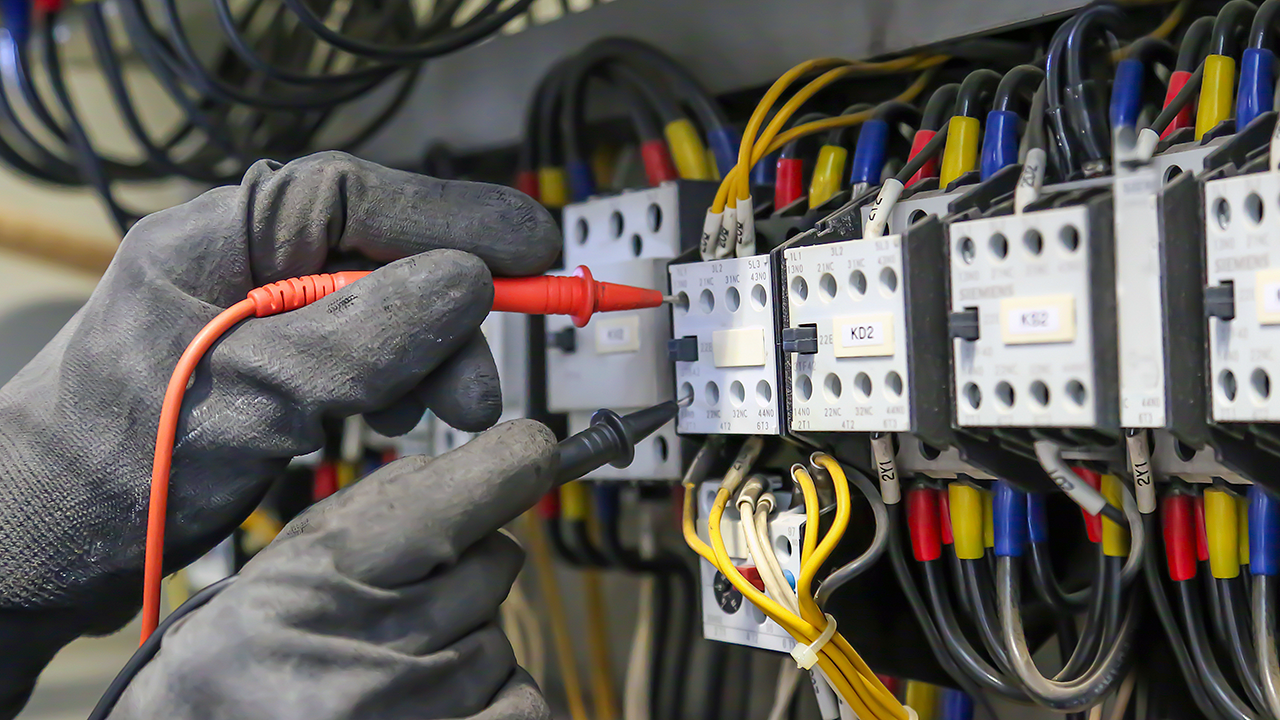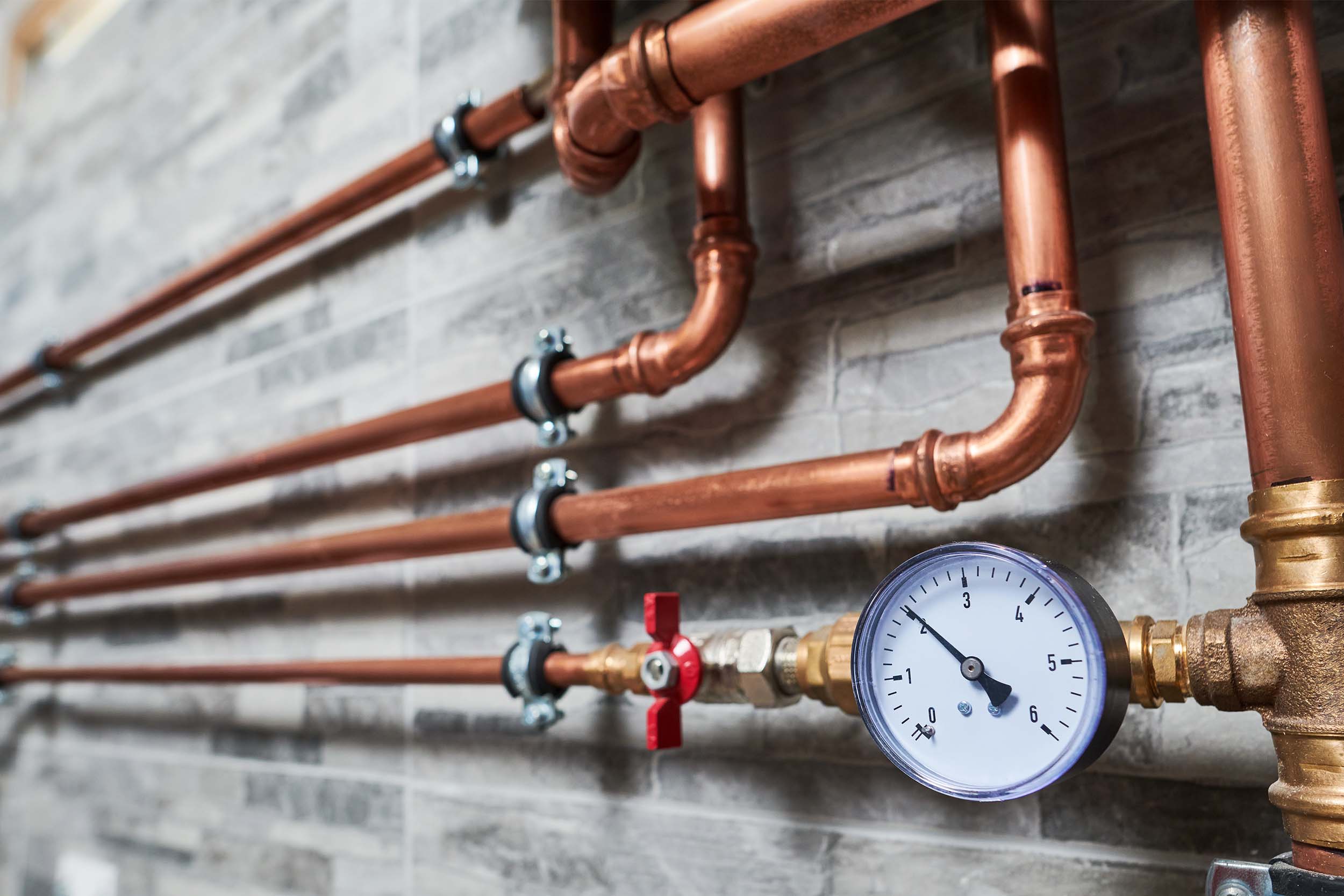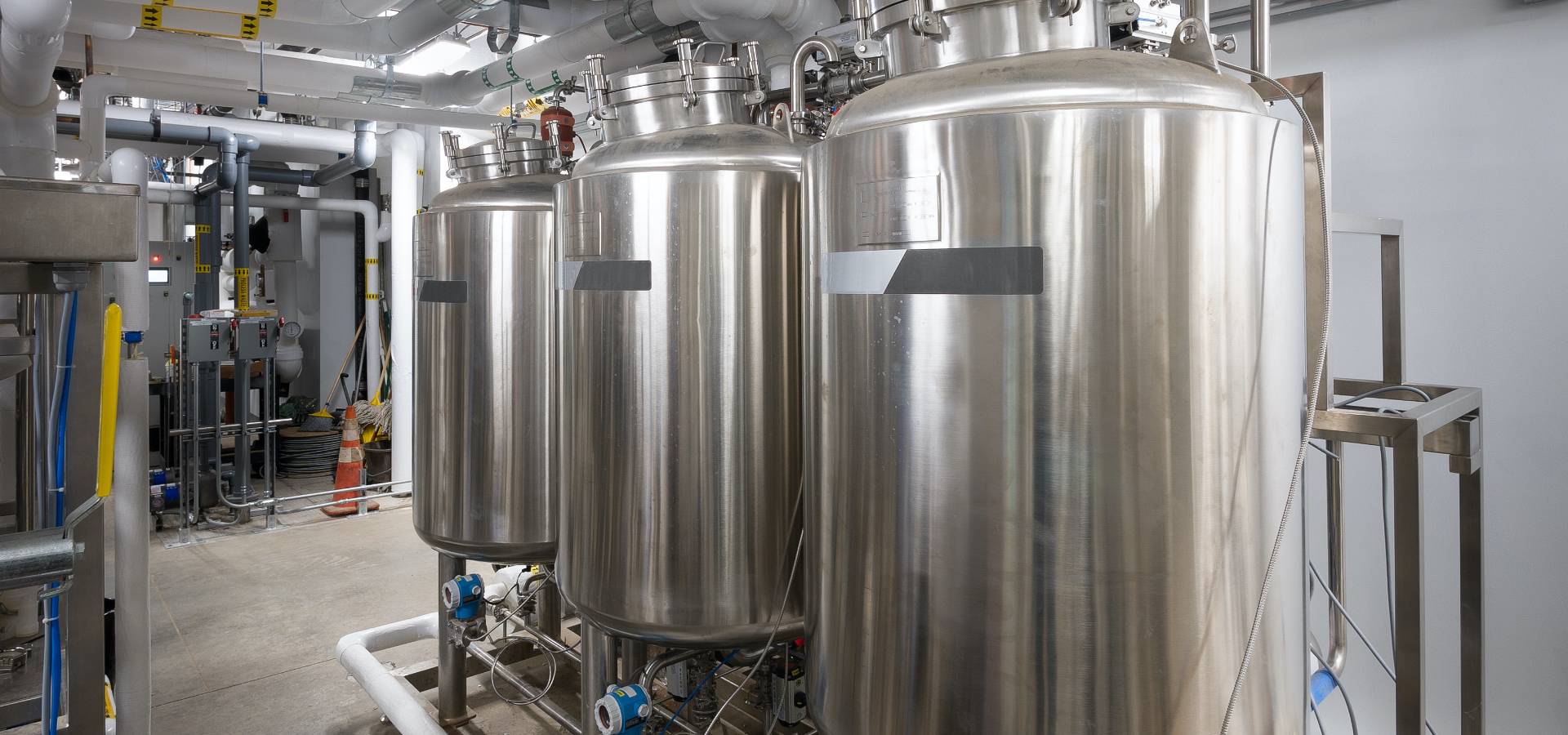
Indoor air quality (IAQ) plays a vital role in human health and overall well-being. We spend a significant amount of time indoors, whether at home, in the office or other workplace, and in other enclosed spaces like education facilities, retail & entertainment venues, and more. Ensuring the air we breathe indoors is clean and safe is essential. One crucial factor in maintaining good IAQ is the proper functioning and maintenance of heating, ventilation, and air conditioning (HVAC) systems. In this post, we will explore the significance of IAQ, the impact of HVAC systems, and practical steps to ensure safe, indoor air quality for occupants of commercial and industrial spaces.
The Importance of Indoor Air Quality
Indoor air quality directly impacts human health, productivity, and overall quality of life. Poor IAQ can lead to a range of health problems like allergies, asthma, respiratory issues, headaches, fatigue, and more severe long-term effects. Factors such as indoor pollutants, inadequate ventilation, and high humidity levels — as well as environmental & climatic conditions (such as wildfire effects) — can contribute to the deterioration of IAQ. Additionally, certain climatic conditions can increase the potential for indoor moisture and mold growth, if not controlled by adequate ventilation and air conditioning.
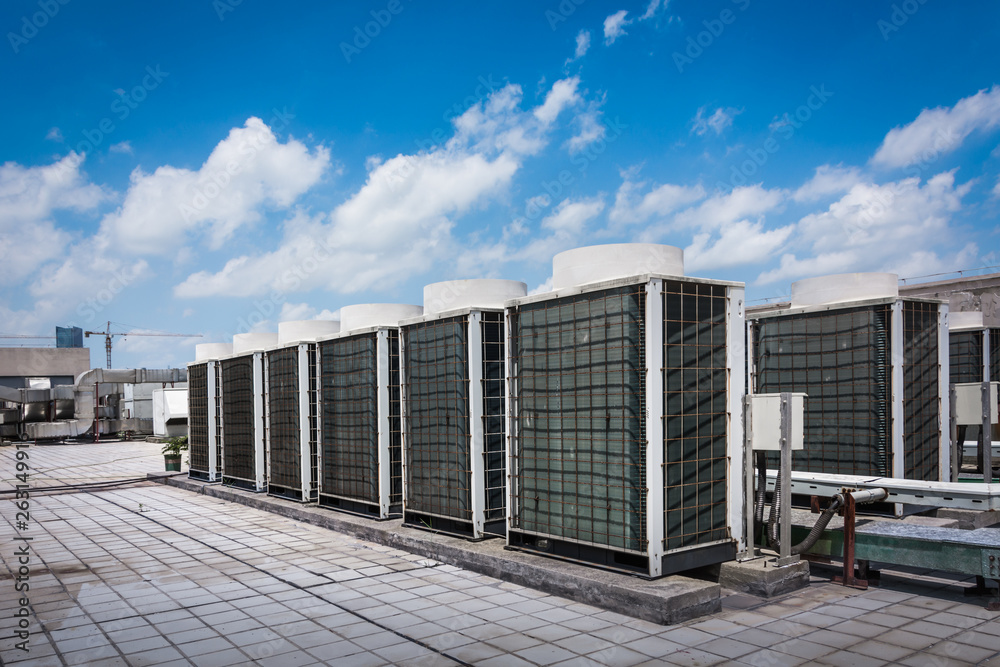
The Role of HVAC Systems in IAQ
Commercial HVAC systems play a critical role in regulating indoor air quality. They control temperature, humidity, and airflow ensuring a comfortable and clean air environment. Some specific ways in which HVAC systems impact IAQ:
Ventilation:
Proper ventilation is necessary for removing stale air, pollutants, and odors from indoor spaces. HVAC systems use ventilation methods that bring in fresh air from outside and exhaust stale air. Efficient ventilation reduces the concentration of indoor pollutants, maintains oxygen levels, and promotes a healthier indoor environment.
Filtration:
HVAC systems include air filters that trap and remove particulate matter, allergens, dust, and other contaminants from the air. High-quality filters can significantly improve IAQ by reducing airborne particles and allergens, particularly benefiting individuals with allergies or respiratory conditions.
Beyond traditional air filters, modern HVAC systems can incorporate advanced filtration techniques like HEPA filters or UV-C sterilization. These technologies can effectively capture even the tiniest particles – including bacteria and viruses – enhancing IAQ and providing an extra layer of protection for occupants. Select air filters with high Minimum Efficiency Reporting Value (MERV) ratings. Higher MERV ratings indicate better filtration capabilities, capturing smaller particles and allergens. Consult with HVAC experts to determine the most suitable filters for your particular system.
Humidity Control:
Maintaining appropriate humidity levels is crucial to regulate IAQ. Excess moisture can lead to mold growth, while low humidity can create dryness and discomfort. HVAC systems regulate humidity levels, preventing the proliferation of mold, bacteria, and other harmful microorganisms.
Enhancing Indoor Air Quality through HVAC Systems
To optimize IAQ, it’s important to take proactive steps for HVAC system maintenance and operation. Here are some practical tips:
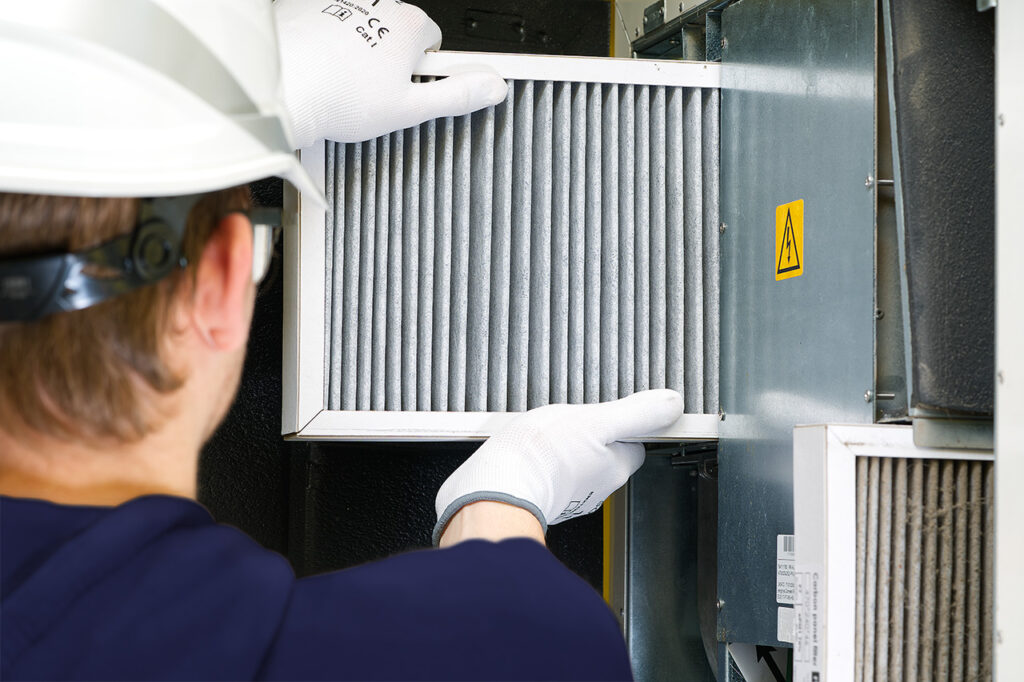
Regular Maintenance:
At the minimum, schedule routine / seasonal maintenance for your facility’s HVAC system, including filter replacements, cleaning of coils & air ducts, and thorough inspections. Regular maintenance ensures that the system operates efficiently and safely, removing pollutants and maintaining optimal IAQ.
Proper Ventilation:
Ensure that your HVAC system provides adequate ventilation for the size of the space. Consider utilizing energy recovery ventilators (ERVs), or heat recovery ventilators (HRVs) to minimize energy loss while ventilating indoor spaces effectively.
Control Humidity:
Monitor and maintain appropriate humidity levels using dehumidifiers or humidifiers, depending on the need. Keeping humidity within the recommended range (usually 30-50%) helps prevent mold growth and promotes a healthier indoor environment.
Intuitive Building Design:
The integration of HVAC systems into the architectural design of buildings can also contribute to improved IAQ. Properly placed air vents and ducts ensure uniform airflow, preventing stagnant pockets of air and enhancing overall air circulation. This design-conscious approach enhances the effectiveness of HVAC systems in maintaining IAQ.
Beyond standard factors that contribute to indoor air quality in commercial and industrial spaces, unexpected or extreme environmental conditions — like wildfires and other events — prove that regular or seasonal maintenance is not enough. Binsky strongly recommends HVAC systems receive additional evaluation and support with filter replacement, coil cleaning, and any other necessary services unique to your system’s equipment.
Binsky’s team of experts are equipped to perform the work required to minimize hazardous risks and potential issues to your cooling system like threats to occupant safety, unnecessary downtime, extra costs, and compromised lifespan of equipment. Fill out the form below to connect with us or visit our HVAC Solutions section for more information.
Subscribe to stay updated
Get the latest updates in the world of mechanical contracting and construction. Subscribe today!
Ready to Start Your Project?
Turn to a trusted leader in mechanical construction. Get in touch to discuss your project or request a quote today.
